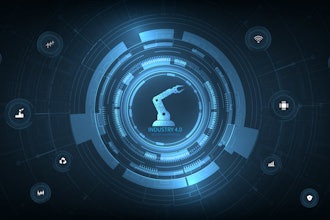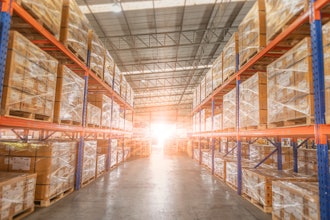
For the last ten years, the blockchain has been disrupting industry after industry. Starting out with the finance industry, the blockchain has changed the way things work. Mainly it puts the power back into the hands of the people and out of the hands of a central authority.
But, it can also help the industry itself. In the case of the manufacturing industry, it is helping streamline many processes that lead to higher profits. Though it’s not without its challenges, the blockchain is in its infancy, after all, it has shown that it can evolve in a way that could revolutionize manufacturing as we know it.
Working on the blockchain is seamless so even if you don’t know how to open a free Bitcoin wallet, you will be able to transition your factory to one that operates on the blockchain.
Protecting intellectual property
Patent disputes are very common when a product is manufactured. It often requires a lot of paperwork to prove ownership of the original product design and ends up in court for long periods.
The blockchain can quickly settle these disputes as a smart contract can be created that includes all the information about the product with a timestamp to show every step of the creative process. Since these smart contracts can’t be manipulated, it makes it easy to follow the history of who came first.
There is also the case that a factory can use machines hooked up directly to the database that creates the parts from the designs on the blockchain. The owner of the IP can ensure that the factory producing the product using the designs can’t steal the idea of the product because of this.
More simplified quality checks
Tracking and tracing products through every step of the manufacturing process gives transparency that allows for more efficient and effective quality control. Multiple parties can access the data in a second and since the blockchain is immutable, it cannot be changed. This adds a level of security to the quality check process and is much faster as a result.
Everything from performance testing to the provenance of the raw materials can be assessed by anybody for auditing and assurance.
A new maintenance approach
Using the Internet of Things based on the blockchain, a machine can execute a request for scheduled maintenance automatically. With the blockchain, a smart contract can be automatically generated for a replacement part as well as the payment for the part when the order is fulfilled.
Monitoring of equipment health is also more transparent so the maintenance is less likely to be neglected since there will be a direct line of responsibility seen. This can be submitted as proof to regulators and even in-house teams that the maintenance is up to date and accurate.
Warranties can be more accurately executed because of the proof from the records on the blockchain by using smart contracts. This also allows for more sophisticated software to be used.
*This article has been contributed on behalf of Paxful. However, the information provided herein is not and is not intended to be, investment, financial, or other advice.























